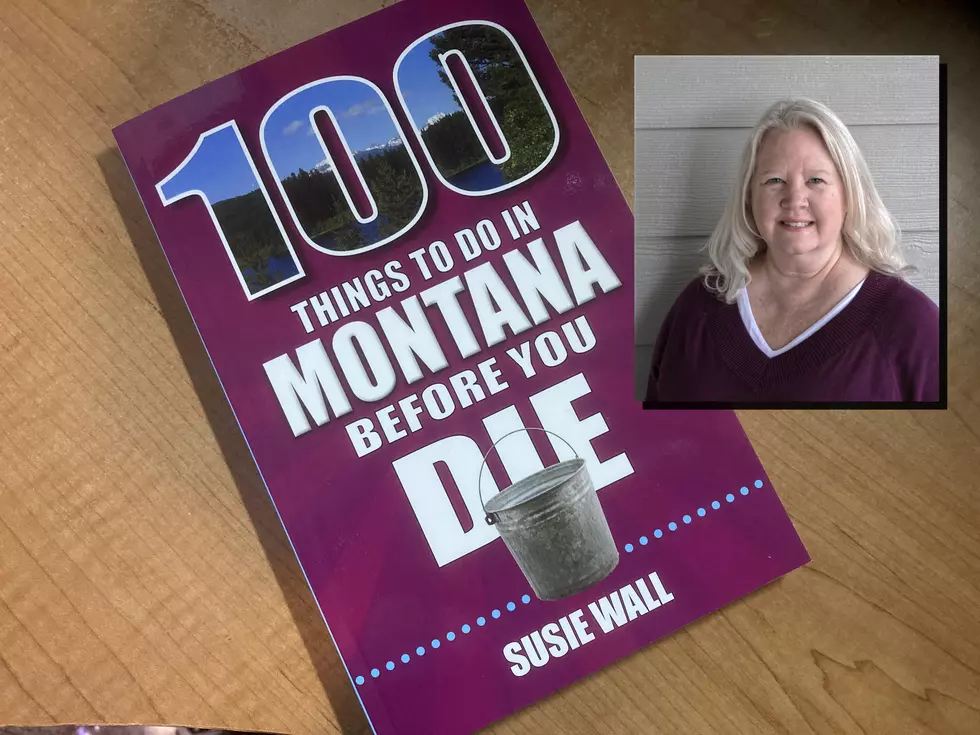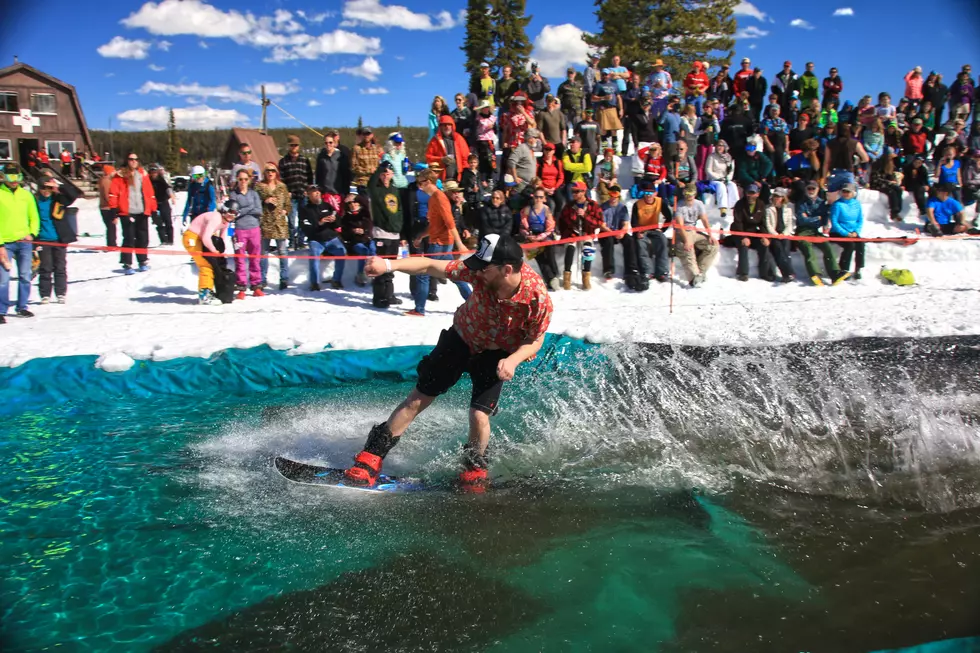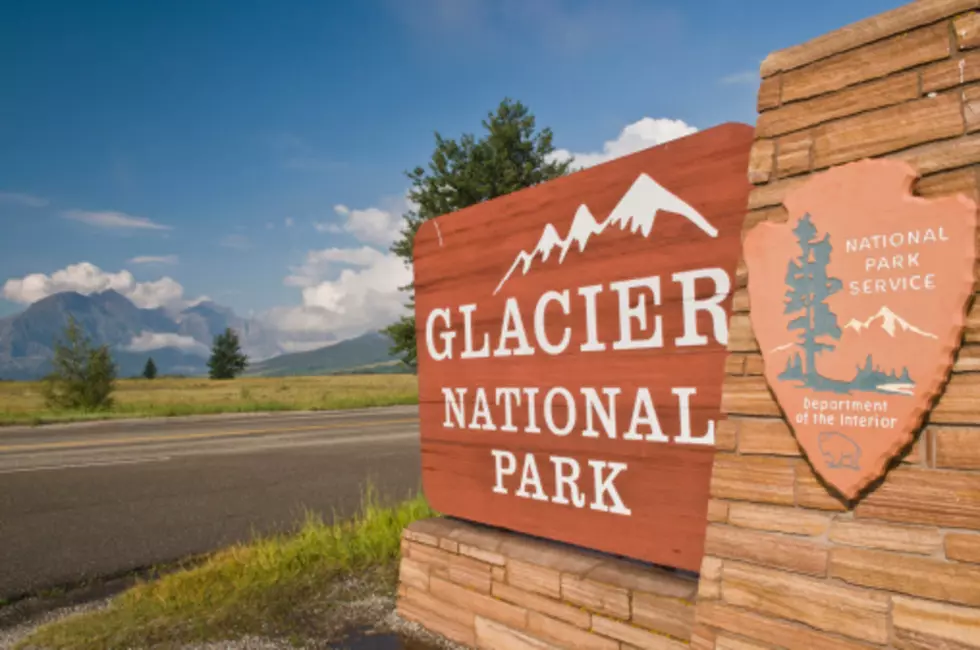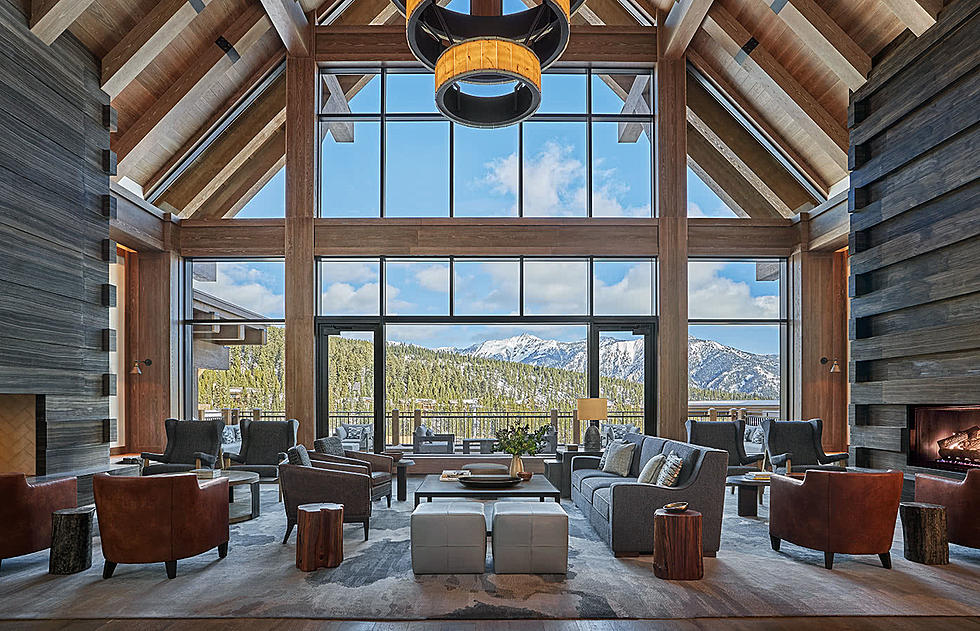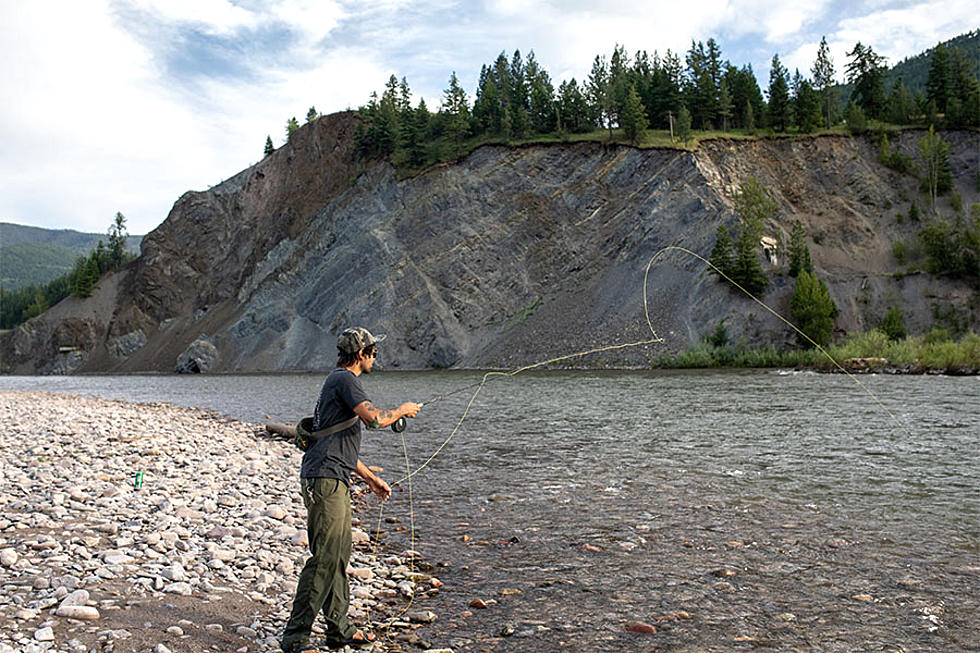
Stunning Missoula Viewpoint Remains Closed for Now
Missoula, MT (KGVO-AM News) - One of the more stunning viewpoints in the Missoula area will remain closed for now because of the risk the hillside could slide toward the Clark Fork River.
The overlook area at Milltown State Park was originally established as a way of seeing the progress of the removal of the Milltown Dam in 2008. Since then, the viewpoint was finished and expanded into an interpretative exhibit explaining the river's history and importance.
But last summer, Montana Fish, Wildlife, and Parks had to close that exhibit area at the end of the trail after some new cracks and crevices appeared along the edge of the cliff. FWP was worried about the "geological instability" of the site and closed it as a safety precaution.

Now, with the spring season bringing more people outside, FWP is reminding people that the overlook, and an area to the west side of the railroad tunnel below the cliff, will remain closed. The tunnel has always been closed to public access.
Geologists say there's been historic erosion at the site for thousands of years. But a new report, completed earlier this month, shows the development of the old Milwaukee Railroad, as well as the dam, impacted the bluff. FWP says the removal of the dam has accelerated the erosion caused by the river over the past 15 years.
The state says people can still park at the overlook trailhead to use the path that leads down to the river plain in the state park. They are advising people floating the river through the confluence to stay in the middle, or right side of the channel and avoid the river right below the cliff.
“This is a relatively small portion of the state park, and it is really important that visitors stay away from areas marked as closed,” Michael Kustudia, FWP Park Manager
Kustudia says it will take some time to figure out what can be done in the long term.
“We’re working with the county and other partners to assess the long-term options and hope to still provide a safe way to view the restored confluence area from above.”
Have You Seen Missoula's Utility Boxes? Here are 21 of Them
More From 94.9 KYSS FM
